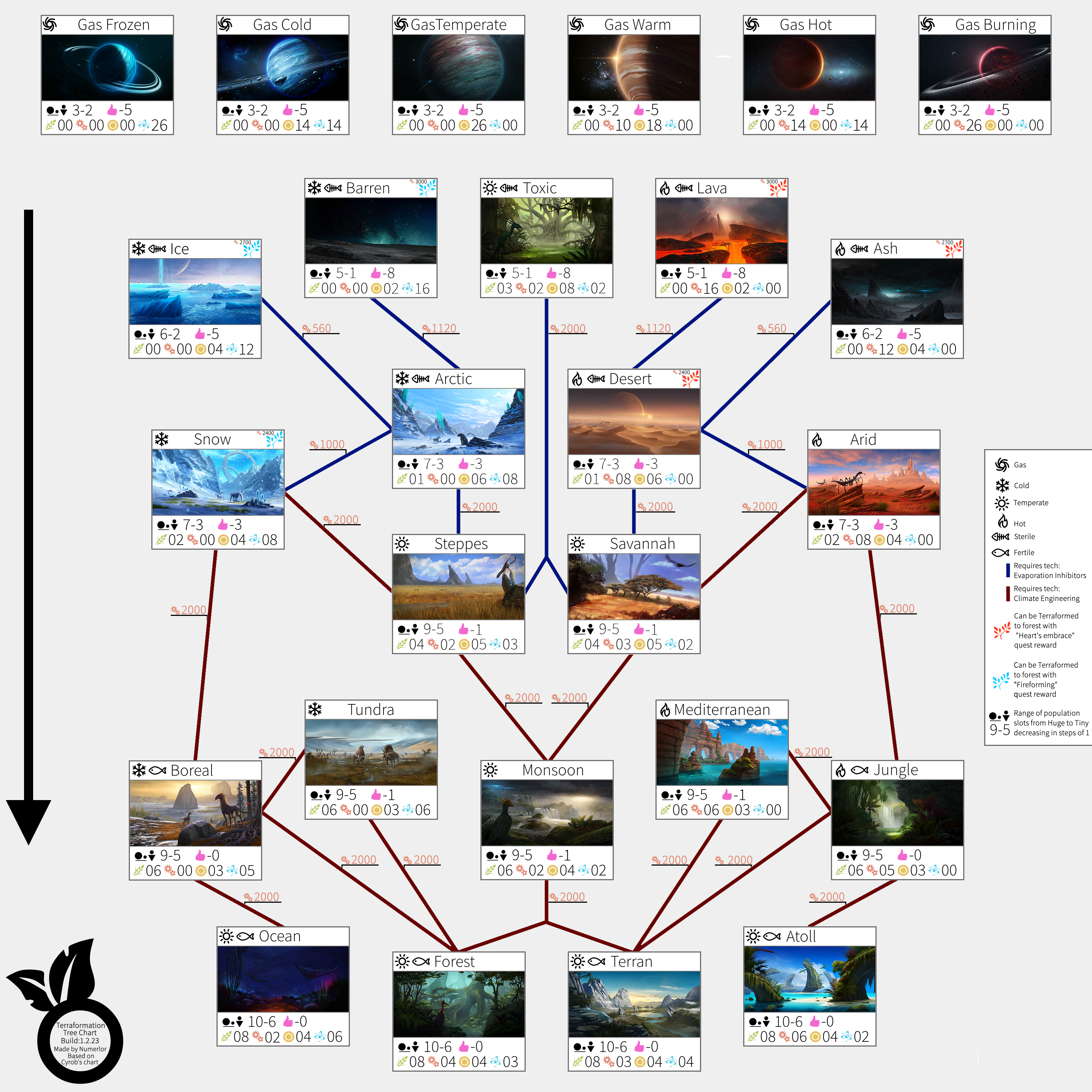
In the system itself you may juggle population units at will, especially since almost all races have specific bonuses to production on certain types of planets.Ĥ. Each planet has a different set of bonuses to the relevant FIDSI branch and to the approval. Such a system will accommodate more population, will provide better FIDSI income (basic resources) and will have better chances of anomalies or strategic and luxury resources. However, the more planets in the system, the better. Systems are the basic territorial unit (the equivalent of cities in Civilization, provinces in Europa Universalis or planets in Sterallis), and not the planets in the systems. On the other hand, Influence is used to expand the borders of your empire and is also used during negotiations and diplomatic talks.ģ. Food, Science and Industry speak for themselves, but Dust is the primary currency when it comes to buying resources or accelerating production. In the game you will often encounter the concept of FIDSI. This is an abbreviation for the five basic resources in the game: Food, Industry, Dust, Science, Influence. Alternatively, you could pick the Sophons (bonuses to exploration and science) or the Horatio (greater population of systems, upgrades to your population but more expensive vessels).Ģ.


They can also colonise a greater amount of systems before reaching the approval penalty, which is connected to having too many systems under your control. They employ classic solutions, their ships have the ability to mount larger numbers of modules, and they use Influence (one of the basic resources in the game) for the purposes of speeding up production, research, etc.

Select the human faction (United Empire) for your first playthrough. This way, it will be much easier to manage your empire. While starting each game you should definitely keep several things in mind, especially if this is your first encounter with this game.ġ.


 0 kommentar(er)
0 kommentar(er)
